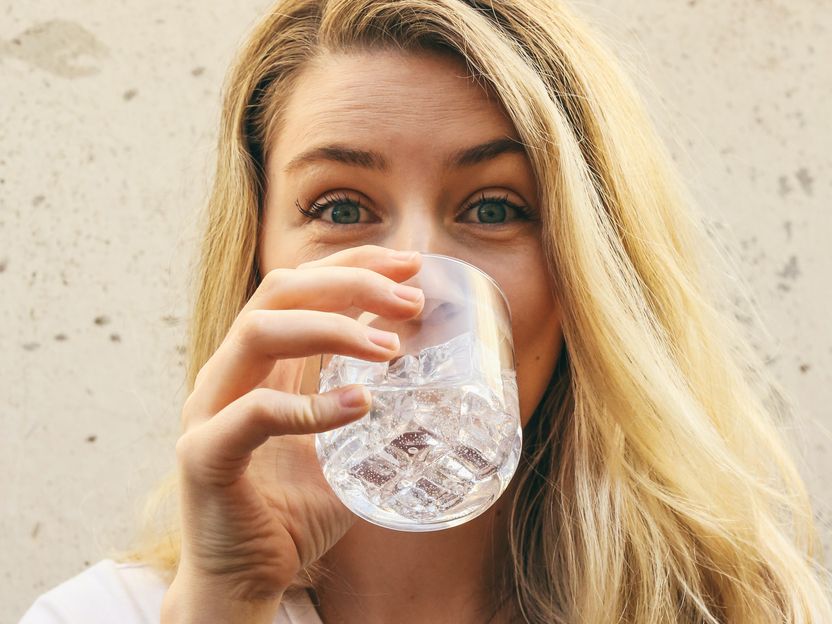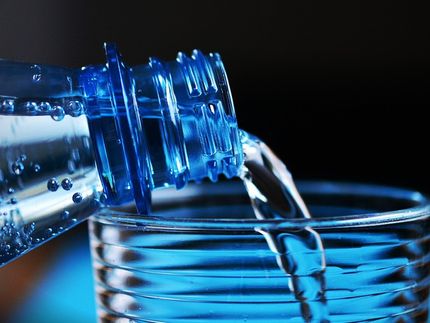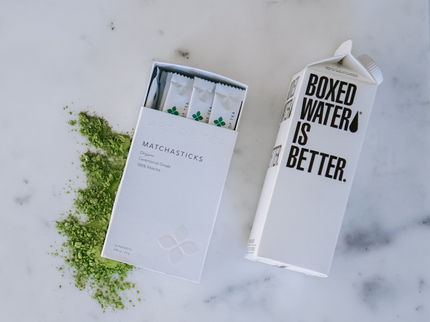Consumers swallow price inflation as their thirst for water-based drinks thrives
Advertisement
Analysis from IRI’s data (from actual sales of FMCG products across Europe) for the year ended August 2022 reveals new trends across the global water category. Value Sales in Water-based drinks (excluding tea, coffee, juices & nectars and water additives) in Europe – has grown by circa 9% in 2022 on inflationary trends. It is also evident that price increases across more than half of all water drinks products hasn’t reduced demand, with volume sales growth of 3.4%, another 1.7 bn units.

Giorgio Trovato / Unsplash
Average volume sales (% change calculated on average volume price in €/litres) also reveal that sports and energy drinks have seen a 9.7% average volume sales growth in the last year (to end August 2022). Carbonates have seen a 0.6% average volume sales growth and Water 4.2%. Flavoured water though has experienced a 2.7% decelerating MAT, 2.0% year to date
Water has contributed to 81% of volume growth with 11% coming from Sports & Energy Drinks – a hugely significant driver. In the year to date, the contribution of carbonates has grown to 7% vs 4% in 2021.
“Water-based drinks category is largely resilient to inflationary trends,” commented Ananda Roy, Global SVP, Strategic Growth Insights, IRI, “We can see this is the case across key European markets despite 55% of ranges being at higher prices. Despite the growth in volumes, the IRI data indicates that consumers are not uniform in their choices, implying strategic decisions are being made.
As sales of fruit juice and nectar products continue to decline, it seems that consumers are looking to manage costs as well as make healthier choices. Ensuring there are a range of healthy options coupled with new product innovation and the right distribution strategy is going to be critical, particularly in Germany, France and the UK where consumers are having to trade down and reassess what’s affordable to them.”
Consumer demand
The availability of high quality, accessible tap water sources influences water product sales. In countries where consumers don’t trust their local water, sales of bottled water are an essential. In other markets, where there are trusted drinking water supplies supply – such as The Nordics, Netherlands, Switzerland, Austria and the UK - product innovation and premiumisation will be essential for growth.
Purpose and conscience
Regulation, bans and price caps highlight the cost of ‘doing nothing’ – The prospect of governmental action to maintain the value or price of (a commodity) through bans, fixed price, price caps or taxation is already a reality through:
- CSR Water/Plastic use Initiatives
- Corporate Reputation Management
- Market Segmentation
- Portfolio Design
- Premiumisation Ventures, not just pricing
“Consumers are not willing to swallow the environmental impact of drink packaging, fossil fuel, water and greenhouse gas use,” continued Roy. “As they become more aware of the carbon footprint and transportation, water miles, packaging weight and use, this will influence their purchase decisions.
The growth opportunities for the water category are significant. Since the category is resilient, even with uneven demand, being able to predict pricing across the region in a way that takes into account differences in regulation, bans and price caps is critical.
Brands and suppliers should refresh target and execution plans to commercialise strategic segments. They must also acknowledge that consumers are in crisis and get to grips with how they’re downtrading and look out for new shopper trends, consumption occasions and review their ability to mitigate price rises, volume loss or to command a premium.
Finally, and importantly, post-pandemic they must address their sustainability position as the definition has broadened to include social and ethical behaviours and perhaps even consider whether sustainability could even become a trial and choice driver. Detailed analytics can provide clear support to drive this market even further forward.”
































































